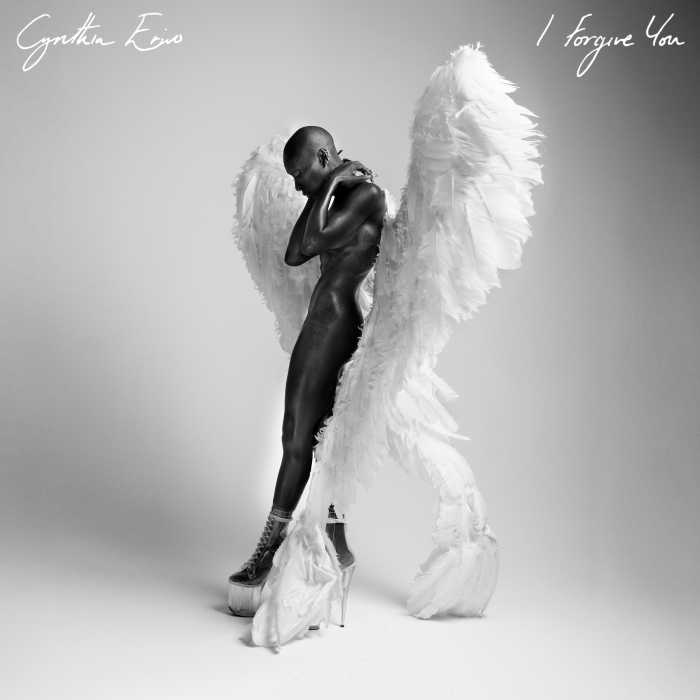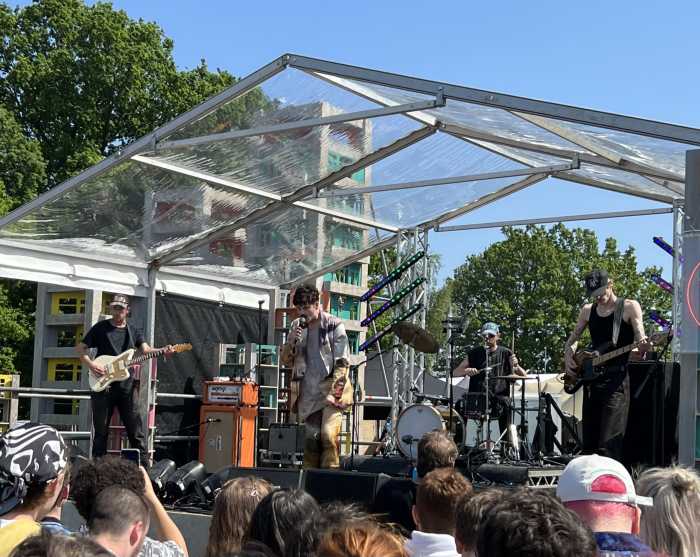BY STEVE ERICKSON | Directors such as Hong Sang-soo, Jia Zhang Ke, and Tsai Ming-liang can sell out 1,000-seat theaters at the New York Film Festival, but upon theatrical release, their films are lucky to last two weeks. The aesthetic of “festival cinema” – slow pacing, an austere tone, an avoidance of psychological explanations and conventional narrative – has yet to click with more general audiences, even in New York arthouses.
Rodrigo Moreno's study of a desperate man is a promising debut feature.
A prime example of the merits of “festival cinema,” Argentine director Rodrigo Moreno's “El Custodio” is good enough that I wish it could break out of that circuit and reach a wider audience, but that's not likely to happen. After playing MoMA's “New Directors/New Films” series last spring, “El Custodio” returns to the museum.
Alas, it will only be playing twice this month, as part of the “Global Lens 2008” program. Designed to showcase films from developing countries, the series will tour the US, but “El Custodio” fits uneasily into its socially conscious framework. It bears no traces of Argentina's recent financial crisis and only refers vaguely to the country's troubled history – in fact, its narrative and visual strategies draw heavily from European films like Chantal Akerman's “Jeanne Dielman.”
EL CUSTODIO
Directed by Rodrigo Moreno
In Spanish with English subtitles
Museum of Modern Art
11 West 53rd St.
Jan. 12 at 6 p.m., Jan. 21 at 2 p.m.
$10; $8 for seniors; $6 for students
The film is not the kind of national allegory Westerners often expect from the Third World. Stylistically, it could come from anywhere: Moreno shares a tendency towards minimalism with his compatriot Lisandro Alonso but rather than filming Argentina's rivers and forests, he concentrates on sterile, metallic buildings and hallways.
The narrative of “El Custodio” is so minimal and episodic that it makes writing a synopsis difficult. Ruben (Julio Chávez) is an ordinary-looking middle-aged man. He works as a bodyguard to an Argentine politician. He spends most of his workday standing and waiting. He does have one hobby – making pencil drawings. During a countryside outing, his boss requests that he do a portrait. He agrees but shows no emotion when it's passed around the table. He disrupts his birthday party, held at a tacky Chinese restaurant, by getting angry when his niece isn't allowed to sing karaoke. He visits a prostitute who lives with her sick, elderly mother. As the film progresses, these incidents accumulate, but they never build into a three-act narrative.
German critic Ekkehard Knörer described both Ruben and “El Custodio” as “quasi-autistic.” Ruben comes across as a gun-wielding, macho counterpart to the obsessive housewife-prostitute Akerman depicted in “Jeanne Dielman.” Chávez's performance makes the film; it's hard to picture it working with any other actor.
At first, the character simply seems introspective and quiet, but the depths of his dehumanization slowly emerge. Some of Moreno's images emphasize this by fragmenting Chávez's body. When he rides in a crowded car, the left side of his head falls outside the frame. Cleaning and loading his gun at home, he's filmed from such a low camera angle that only his lower body is visible. Moreno's use of shallow focus suggests that much of the world is a blind spot to Ruben.
Underneath it all, Chávez's silent blankness still contains a trace of the actor's charisma. The film puts its most difficult stretch first and becomes easier to follow as it develops, without fully explaining Ruben's personality. Sometimes it suggests a documentary about an alien life form, especially when Romero films parking lots from such a vast distance that cars resemble insects and people look impossibly tiny.
MoMA's program notes call the film a “psychological thriller.” While not entirely accurate, it's not off base either. The thrills and psychology are just muted to the point where they're barely perceptible.
Unfortunately, I can't describe the biggest flaw of “El Custodio” without giving away its ending. Suffice it to say that it eventually gives into a cheap nihilism that seems out of character for both Ruben and the film.
The ending turns the whole film on its head, making a quiet character study into the lead-in to a tragedy. It attempts to solve the mystery of Ruben's repression in a particularly unconvincing way. In retrospect, the whole film leads up to it, so the enigmatic tone it developed so carefully seems slightly phony. However, the first 80 minutes of “El Custodio” are stunning. This is the kind of promising but not fully realized debut “New Directors/New Films” was designed to showcase. While it may not add up to a major film, Moreno has a rare, confident command of his medium.


































